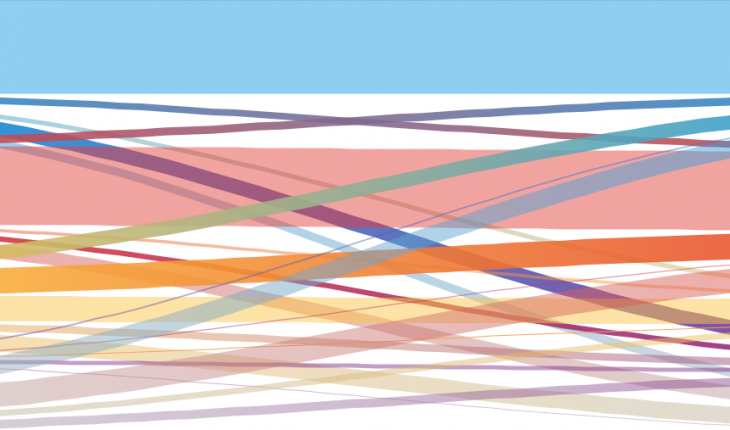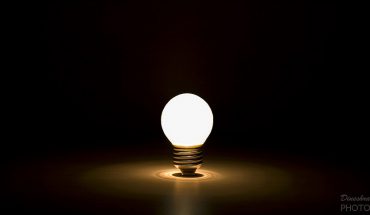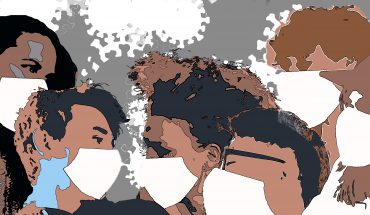Unusually both for a bank holiday and the immediate aftermath of the festive period, we got polls today (not one but two). Both were fielded before Christmas and are now being published.
YouGov's voting intention poll for The Times found the smaller parties gaining at the expense of the two large parties. The biggest moves were the Conservatives dropping and UKIP gaining slightly, which was enough to trim the Tory lead to 15 points.
YouGov/Times:
CON 39 (-3)
LAB 24 (-1)
LD 12 (+1)
UKIP 14 (+2)18th-19th Dec
Writeup @SamCoatesTimes https://t.co/qZ8iq2wvox— NumbrCrunchrPolitics (@NCPoliticsUK) January 2, 2017
But the incremental change in measured Labour support, though well inside the margin of error, took the Labour share to a new 34-year low while in opposition. The distinction matters, because governments in trouble nearly always poll worse than oppositions in trouble, as Labour did in the late 2000s.
The last time a Labour opposition polled a lower share was June and July 1983 (the joint worst ever). YouGov has tended to show slightly lower Labour shares than other companies, although none of the last 11 has polls shown the party above the 31 per cent of the GB vote share that it got in 2015.
The tables aren’t out yet, but you can read the Times writeup from Sam Coates, which also covers the supplementary questions in the poll, including – interestingly – a small increase in the number of people wanting a general election this year.
We also got a Scottish independence poll from BMG for the Herald. Again no tables as yet, but here’s Kate Devlin’s writeup.
BMG/Herald (Scot #indyref2 ex DK):
YES 45.5 (+0.5)
NO 54.5 (-0.5)9th-13th Dec
N=1,002
Writeup https://t.co/IMWhsciVNI
HT @WhatScotsThink— NumbrCrunchrPolitics (@NCPoliticsUK) January 2, 2017
This confirms the picture from other polling, including the previous one from BMG – that with the exception of the period immediately after the EU referendum (which in hindsight looks a lot like response bias at work) Scots as a whole haven’t changed their minds much since 2014, even though as John Curtice noted there has been some churn beneath the surface.




